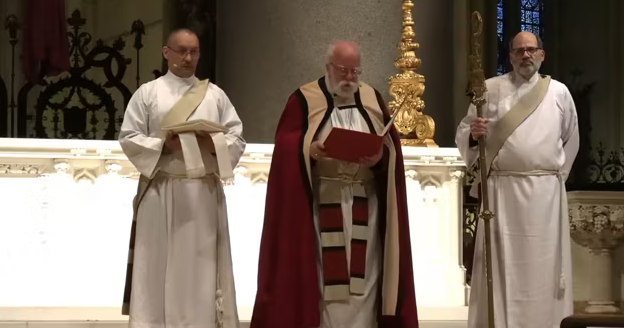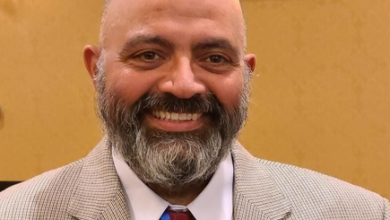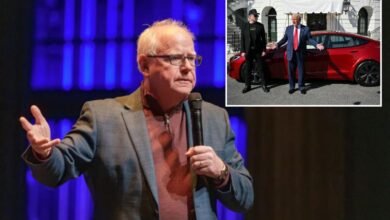Episcopal Diocese of New York issues apology for their hand in the slave trade


The Episcopal Diocese of New York has issued an official apology for its role in the slave trade and created a reparations commission as a step towards correcting the wrongs of slavery. The diocese is part of the Episcopal Church and covers three boroughs of New York City and seven counties of New York state, having been established in 1785 as one of the original dioceses.
In a special service held at the Cathedral Church of Saint John the Divine in Manhattan’s Morningside neighborhood on April 1, the diocese pledged $1.1 million towards education and community work. Andrew Dietsche, the Episcopal Bishop of the Diocese of New York, stated that the organization was ready to make a tangible investment in African-American communities as reparation for its history of slavery.
However, the bishop emphasized that accountability was essential to making the investment meaningful. The service also included a video address by the Most Rev. Michael B. Curry, the presiding bishop of the Episcopal Church and the first Black person to hold the position. Curry described the apology as an “outward and visible sign of the inward and spiritual work that has been done, and that continues.”
In addition, Dietsche noted that African-American slaves had built churches in the city and that even after emancipation, their families were denied equal access. As CBS News reported, Dietsche described the path to reconciliation as a three-step process: lamentations, apologies, and reparations.
The Episcopal Church’s leadership adopted a resolution in 2006 declaring the institution of slavery a “sin” and mandating that the church acknowledge and express regret for its role, as reported by the Gothamist. The resolution also called on churches to examine how they had benefited from slavery.
In recent years, several educational and religious organizations have apologized for their links to the Trans-Atlantic slave trade, including the University of Alabama, Davidson College, Brown University, Emory University, Harvard University, Georgetown University and the Jesuits, Princeton Theological Seminary, the Southern Baptist Convention, and the Virginia Theological Seminary. However, Dietsche acknowledged that an apology alone is not enough and that the work of unearthing and telling stories that had not been told, such as the pain of African-American families, was crucial to the process of reconciliation.





